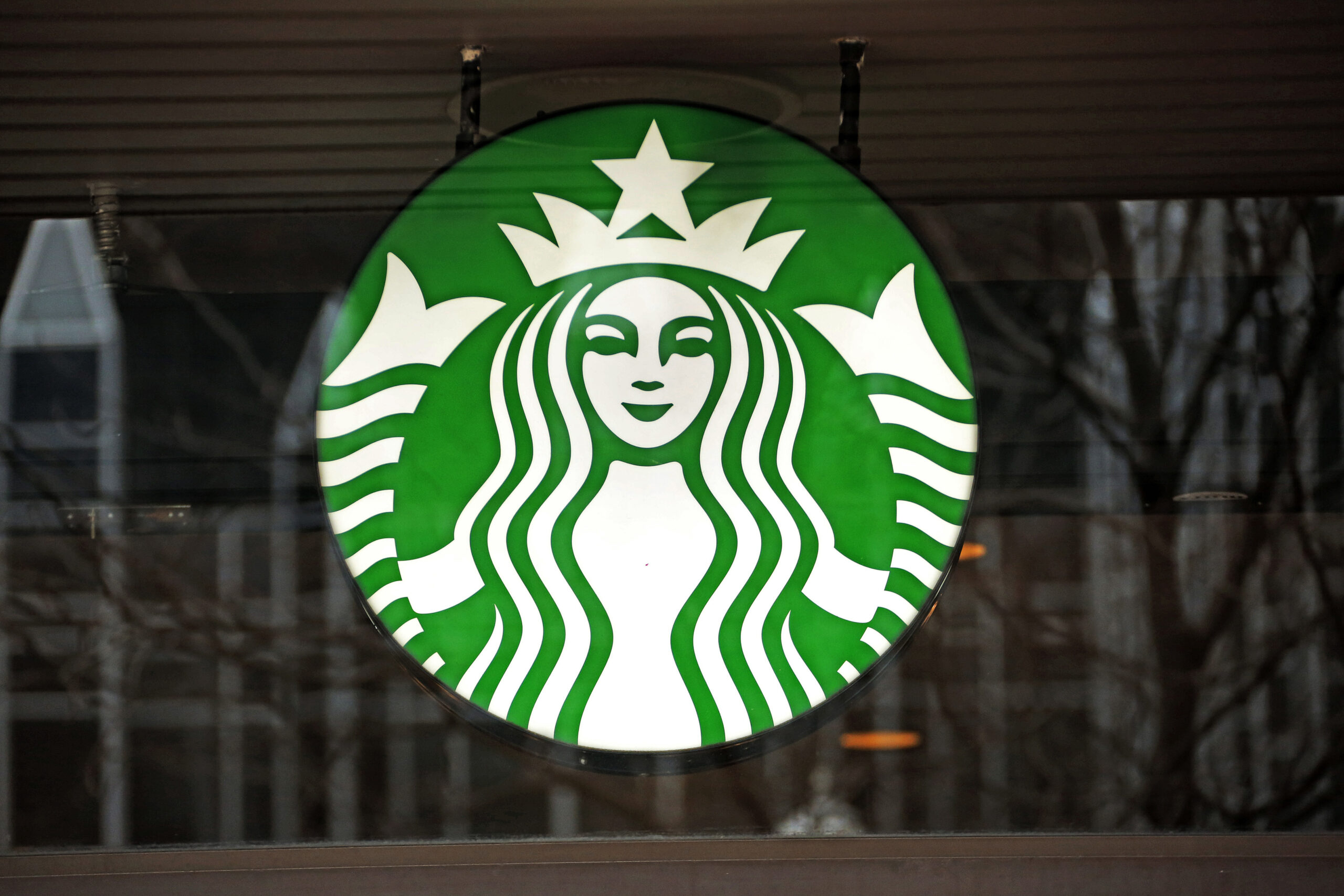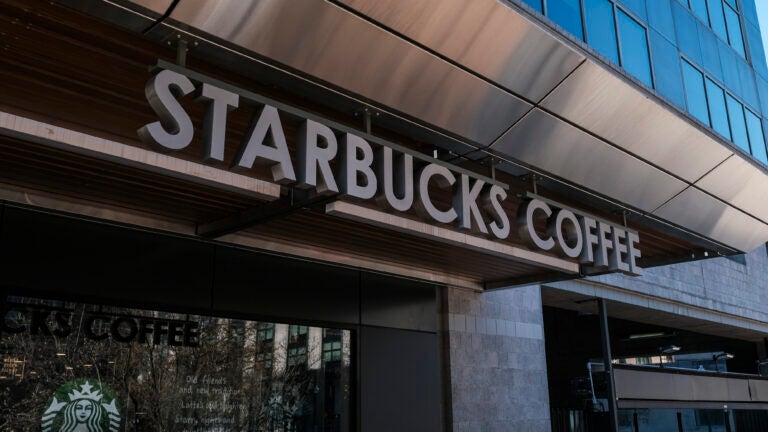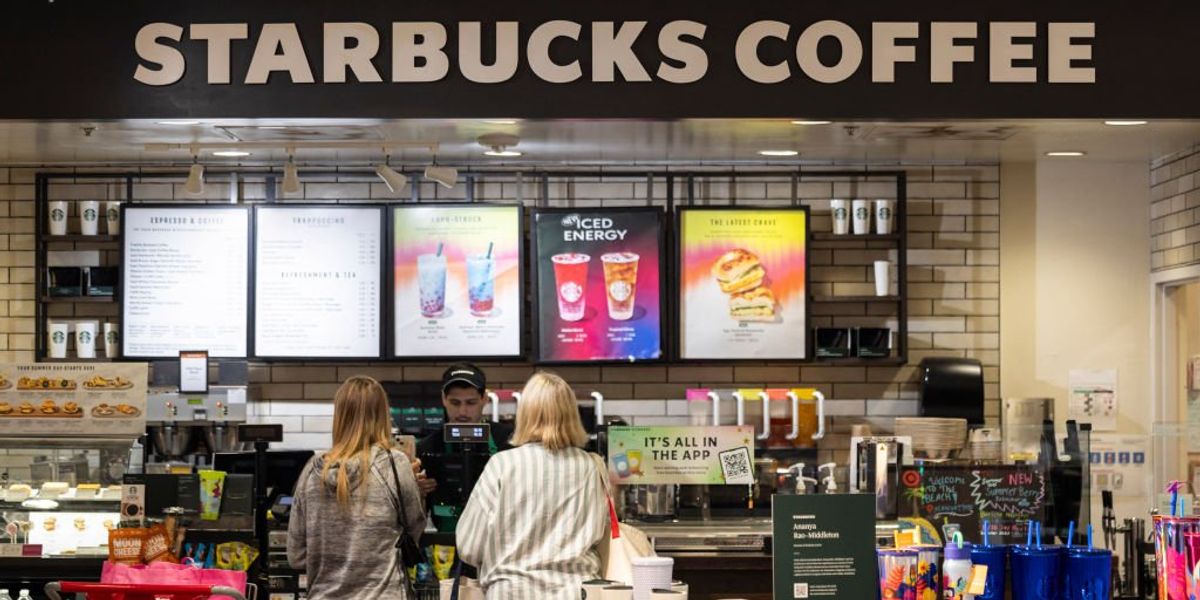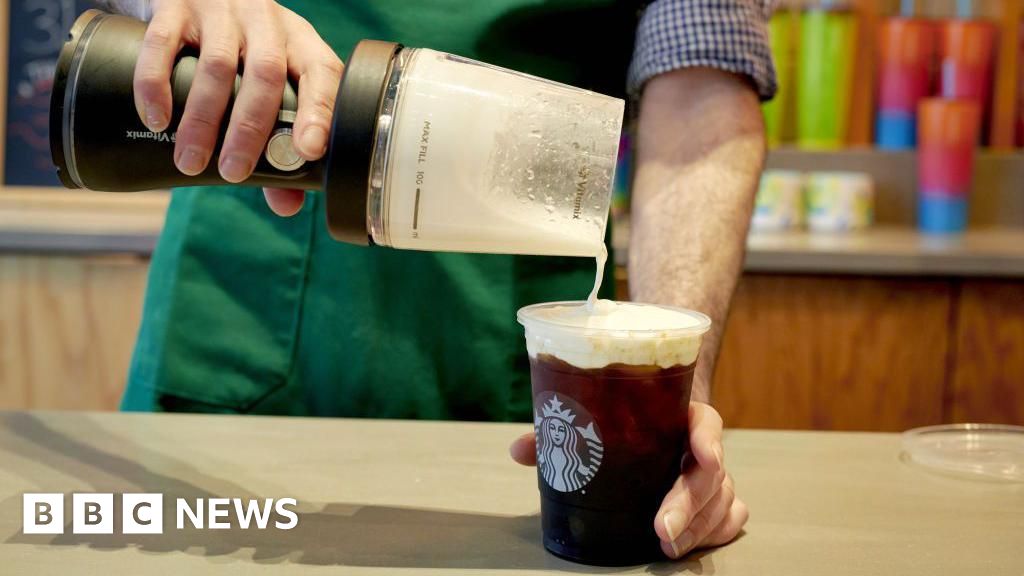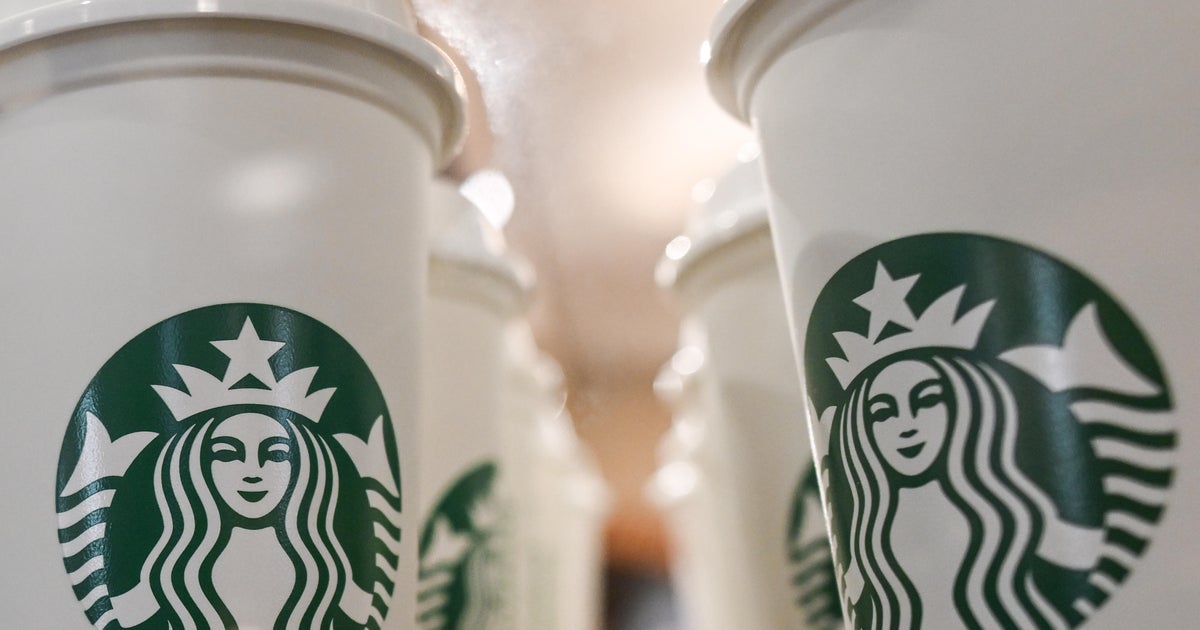Starbucks Enforcement of New Code of Conduct to Limit Access to Paying Customers
Effective January 27, Starbucks will restrict restroom access to paying customers, reversing a previous policy aimed at inclusivity.
Overview
Beginning January 27, Starbucks will implement a new Code of Conduct requiring all customers to make purchases to use facilities at North American locations. This decision reverses a policy established in 2018 allowing non-paying individuals to access restrooms, following a racially charged incident. The updated rules aim to enhance safety, prohibit activities like smoking and panhandling, and foster a welcoming environment for paying customers. The company, led by new CEO Brian Niccol, acknowledges a need to improve in-store conditions amid various operational challenges.
Report issue
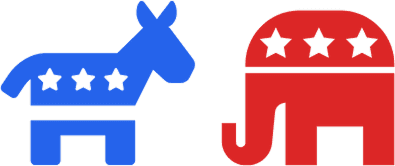
Read both sides in 5 minutes each day
Analysis
Analysis unavailable for this viewpoint.
Articles (12)
Center (7)
History
- 1y

 3 articles
3 articles
- 1y

 3 articles
3 articles
